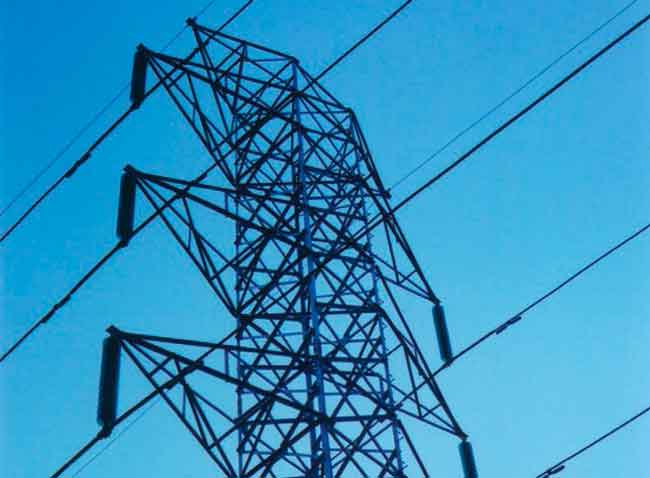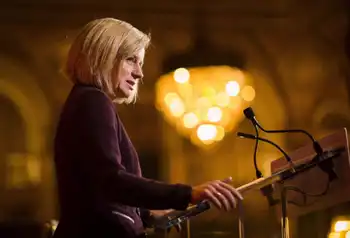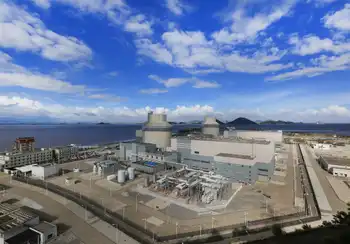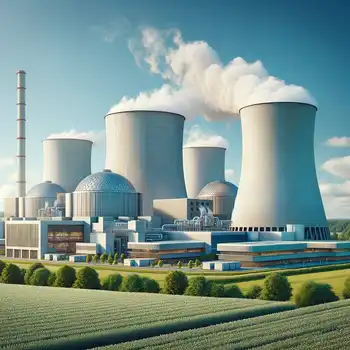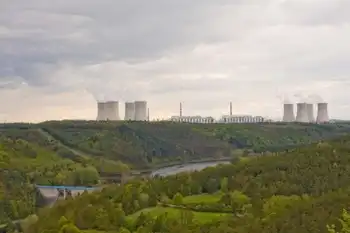Flickering lights cast shadows on EDF sale
By Times Online
Protective Relay Training - Basic
Our customized live online or in‑person group training can be delivered to your staff at your location.

- Live Online
- 12 hours Instructor-led
- Group Training Available
Ian Marchant said that SSE, BritainÂ’s second-largest energy supplier, was one of three remaining bidders for the business, which was put up for sale last year by EDF, the French state-controlled energy group.
However, he said that the due diligence process had uncovered evidence of the poor state of the network, which includes 100,000 miles of cable across eastern England, London and the South East. He said: “The early signs are that the operational challenges are bigger than we thought. Their supply reliability statistics have deteriorated. They are less integrated than we thought they would be.”
Mr Marchant also indicated that the operational problems were likely to affect the sale price. “We believe as an experienced operator that we can tackle those challenges and the question will come down to price,” he said.
SSE is bidding with the Canadian infrastructure fund Borealis.
The network, which conveys about 20 per cent of the UKÂ’s energy supplies, includes links to some of BritainÂ’s most critical infrastructure, including Heathrow and Gatwick airports and the Canary Wharf business district.
Mr Marchant said that he expected a deal with EDF to be finalized in July or August. Other bidders include the Hong-Kong-based Cheung Kong Infrastructure and a consortium comprising the sovereign wealth fund Abu Dhabi Investment Authority, Macquarie Capital and Canada Pension Plan. Indicative bids were submitted in March and companies are expected to submit binding offers by the end of this month.
SSE said its pre-tax profits rose to £1.29 billion during the year that ended on March 31, in line with expectations.
• EDF has been called in by Westminster Council over the reliability of its London power network after a string of power cuts across the capital. On November 18 last year power was interrupted to hundreds of customers in the West End, leading to the cancellation of several theatre shows and the stranding of 500 pensioners who had free tickets to Les Misérables. A meeting with the council’s built environment committee is scheduled for June 8.





